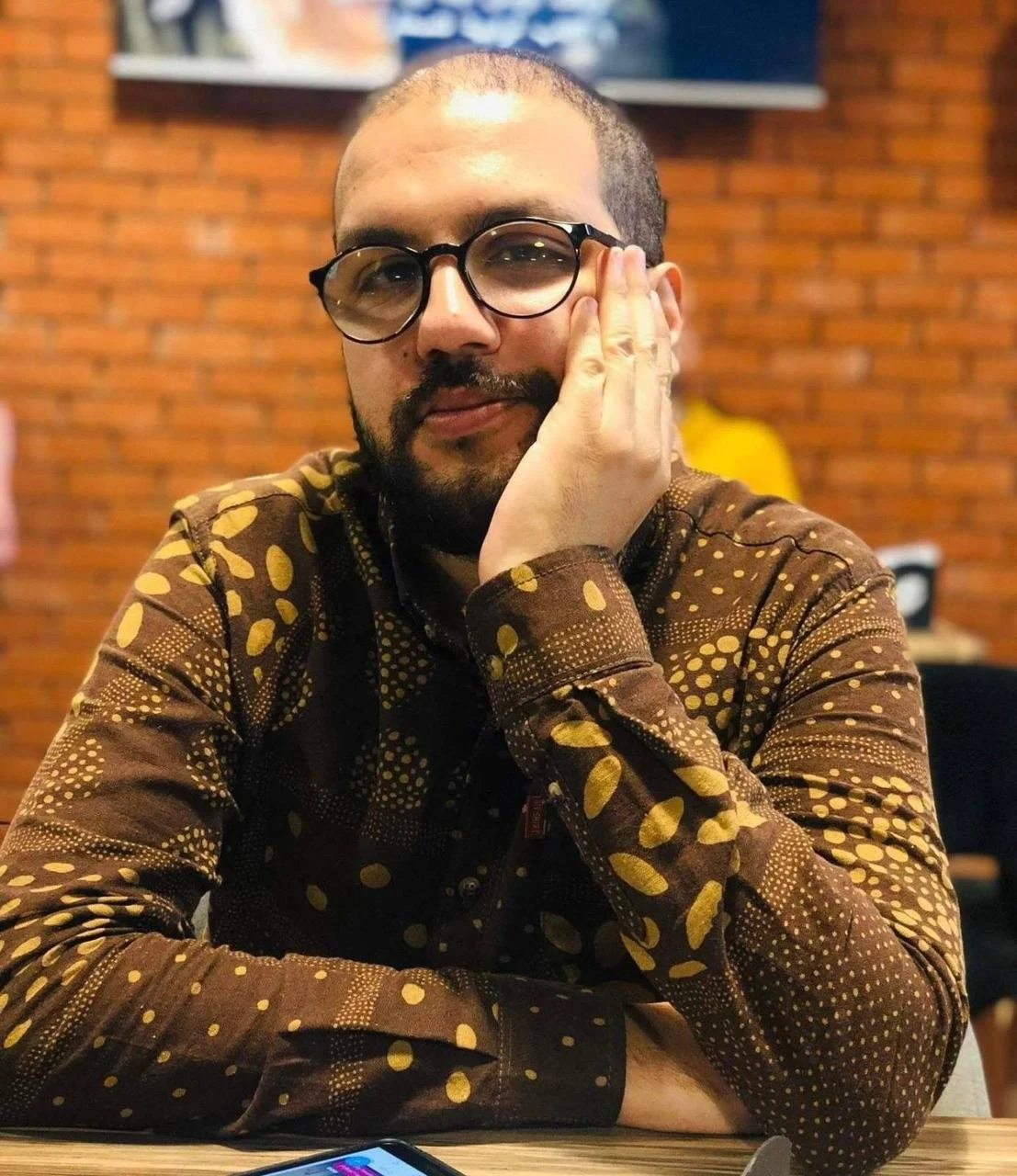Beyond Borders: Mohamed Aboelshbab’s Vision for Youth Power and Gender Justice
A chat with Mohamed Aboelshbab on a bold vision for youth power, bodily autonomy and gender justice.
by Natalia de León Tello
Marissa El Hajje at the UN Youth Forum on April 15-16, 2025
Although he couldn’t physically attend this year’s ECOSOC Youth Forum in New York due to visa delays, Mohamed Aboelshbab’s voice and advocacy still echoed across the virtual halls. A seasoned activist, researcher, and trainer based in Egypt, Mohamed brings over 14 years of experience championing gender justice, bodily autonomy, and sexual and reproductive health and rights (SRHR) across the Arab region.
Currently leading the Comprehensive Support Unit at Barah Amen Organization for Combatting Domestic Violence & Abuse, Mohamed has dedicated nearly a decade to this feminist organization, which is celebrating its tenth anniversary in April 2025. Through his work, he provides holistic services for survivors of domestic violence, ranging from legal and psychosocial support to capacity-building initiatives. Just as importantly, he and his team document patterns of violence to better understand and address the root causes of gender-based harm in Egypt.
But Mohamed’s efforts don’t stop there. As an independent trainer and writer, he develops educational content and tools that deepen public understanding around gender and sexuality, especially in conservative and marginalized communities. His approach is always intersectional, community-rooted, and unapologetically bold.
“My belief is simple,” he says. “Every person deserves to live in safety and have full agency over their body and life choices.”
This year, Mohamed joined the UN ECOSOC Youth Group with a clear intention: to make sure global policy spaces are not only accessible but also reflective of grassroots voices, especially from the Global South. “International platforms must be informed by lived realities,” he said. “This group offers a rare space to bring in local movement knowledge and push for inclusive, responsive policy.”
“We’re past the era of token youth involvement. Now, we’re demanding structural change. The real question is no longer if young people belong at the table, but how their knowledge shapes the agenda.”
Through his involvement, Mohamed aims to amplify work around gender-based violence, bodily autonomy, and digital safety, especially as they affect youth living under restrictive or conservative systems. He’s also laying the groundwork for a regional initiative focused on comprehensive sexuality education and strategic policy engagement, a vision he hopes will challenge stigma and empower youth to lead change across the Arab region.
For Mohamed, meaningful youth participation goes far beyond attendance; it’s about influence. “We’re past the era of token youth involvement,” he says. “Now, we’re demanding structural change. The real question is no longer if young people belong at the table, but how their knowledge shapes the agenda.”
Despite not being present at ECOSOC in person, Mohamed remained deeply engaged, following the streamed sessions and exchanging with fellow youth leaders. “What moved me the most was the solidarity,” he shared. “The support I received reminded me that this work transcends borders. Participation doesn’t always require being in the room—it requires authenticity and a shared purpose.”
He also expressed admiration for the diversity and brilliance of this year’s participants. “I was truly impressed by the insights from Global South youth. The world often underestimates young people, not because we lack knowledge, but because we’re not given the chance to show it.”
Mohamed’s reflections remind us that global change doesn’t happen from podiums alone. It’s built by people like him—those who are deeply rooted in their communities, who carry stories and strategies from the margins to the center, and who continue to push the system forward, whether from Cairo or New York.


